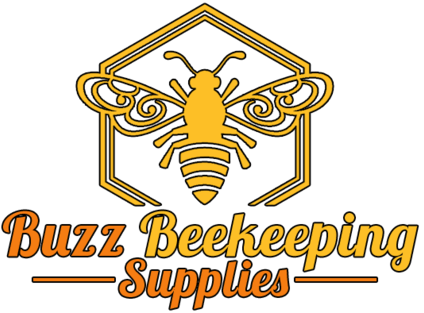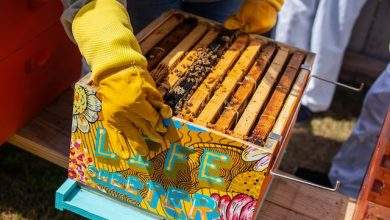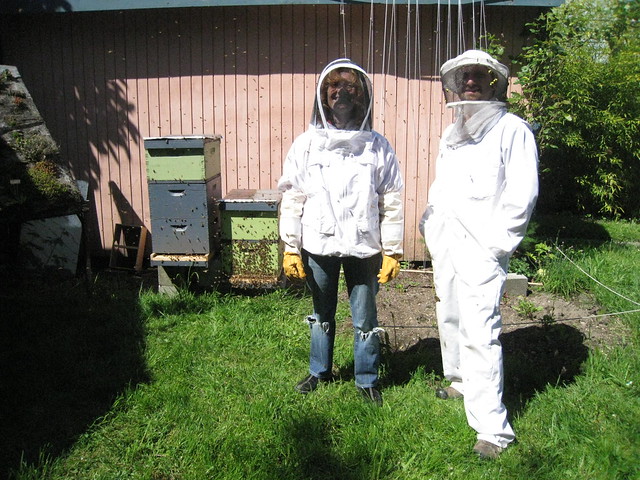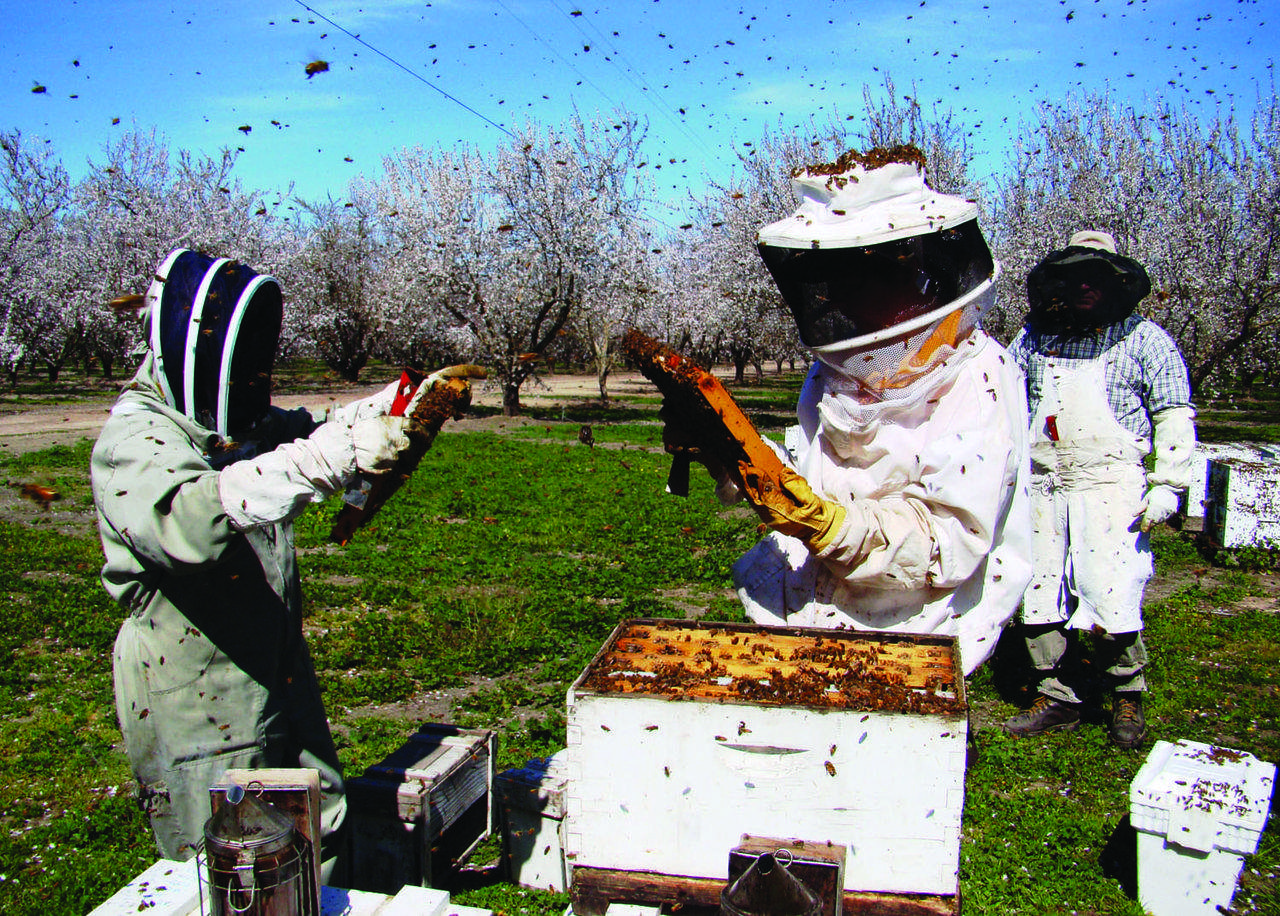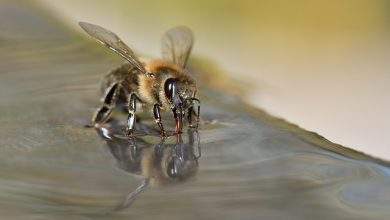Bee Supplies Pennsylvania
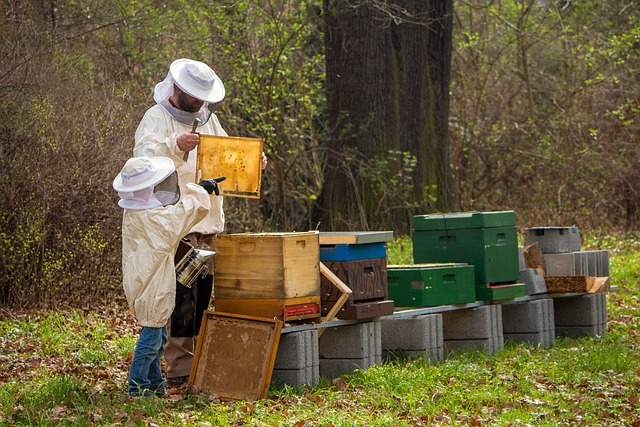
No matter where you are looking for beekeeping supplies in Pennsylvania, we’ve got you covered.
Pennsylvania has a long and rich history of beekeeping, dating back to the late 1600’s.
Currently, there are more than 6000 registered beekeepers in Pennsylvania, producing about 912,00 pounds of honey each year.
More than 61,000 bee colonies are managed in the state, with an estimated economic value of $76 million.
Honey Bee Pollination
Some of the crops pollinated by honey bees in Pennsylvania include: almonds, apples, berries, broccoli, cherries, cranberries, cucumbers, melons, onions, pumpkins, squash and more…
Beekeeper Supplies in Pennsylvania
Typical beekeeper supplies needed in Pennsylvania include:
Beekeeping Woodenware
The most popular bee hive in the US is the 10-frame Langstroth hive, originally patented in 1852. This hive, for over 170 years, has been the industry standard.
The hive components include:
- Hive body
- Bottom board
- Honey super
- Frames
- Inner cover
- Hive cover
Beekeeper Protective Clothing
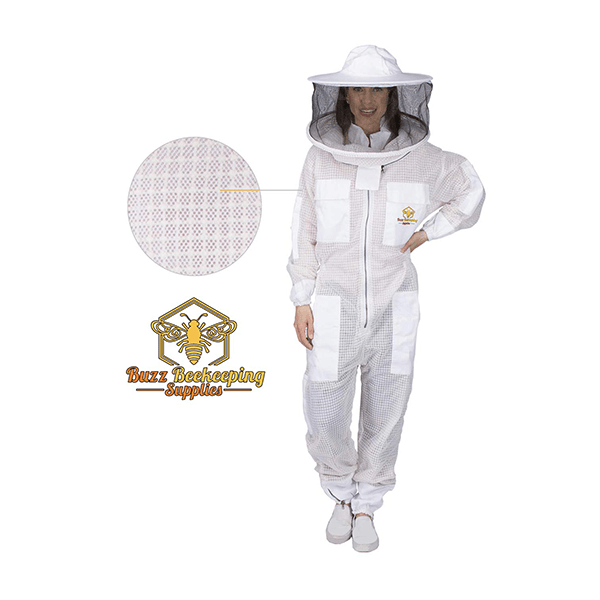
The most common protective gear for beekeepers include:
Beekeeping Suits
Both canvas beekeeping suits and ventilated bee suits are available.
Beekeeping Jackets
Canvas bee jackets and ventilated bee jackets are available.
Beekeeping Gloves
Goatskin bee gloves and cowhide bee gloves are available.
Many times, you can purchase a combo pack of a bee suit and bee gloves at a discount.
Please note: Your beekeeping suit or beekeeping jacket should come with a veil included.
Beekeeping Equipment and Tools
Here is a list of some common beekeeping tools:
- Hive tool
- Hive smoker
- Queen marker
- Bee Brush
- Hive feeder
- Entrance reducer
The state association is the Pennsylvania State Beekeepers Association.
Where to buy bees and nucs in Pennsylvania?
One of the best places to purchase queen bees, packaged bees and nucleus hives (nucs) is your local bee club.
Here is a list of local bee clubs in Pennsylvania:
- 2 Cs and a Bee Beekeepers’ Association
- Allegheny Mountain Beekeepers Association
- Beaver Valley Area Beekeepers Association
- Beekeepers of ABCI (Armstrong, Butler, Clarion and Indiana)
- Beekeepers of Susquehanna Valley
- Berks & Schuylkill Counties Beekeepers Association
- Bucks County Beekeepers Association
- Burgh Bees
- Capital Area Beekeepers Association
- Central Counties Beekeepers Association
- Central Western PA Beekeepers Association
- Centre County Beekeepers Association
- Chester County Beekeepers Association
- Country Barn Farm Beekeeping Club
- Franklin County Beekeepers Association
- Harriton House
- Indiana PA Honey Bee
- Jefferson County Area Beekeepers Association
- Lancaster County Beekeepers Society
- Lackawanna Backyard Beekeepers
- Lehigh Valley Beekeepers Association
- Luzerne County Beekeepers Association
- Lycoming County Beekeepers Association
- Monroe County Beekeepers Association
- Montgomery County Beekeepers’ Association
- North Central PA Beekeepers Association
- Northeastern PA Beekeepers Association
- North Western PA Beekeepers Association
- Perry County Beekeepers Club
- Philadelphia Beekeepers Guild
- Susquehanna Beekeepers Association
- Tri-County Beekeepers Association of Southwestern Pennsylvania
- Wayne County Beekeepers Association
- Westmoreland County Beekeepers Association
- York County Beekeepers’ Association
Beekeeping in Pennsylvania
The Pennsylvania Department of Agriculture’s Bureau of Plant Industry regulates the apiary industry.
In Pennsylvania, the Apiary Section’s Apiary Inspection Program is charged with carrying out the Bee Law.
Pennsylvania Beekeeping Laws
Licensing Requirement for Beekeepers in Pennsylvania
No beekeepers may own or maintain an apiary within the municipality without first registering and maintaining a current permit for all apiaries with the Department as required by the Pennsylvania Bee Law, 3 Pa.
Application for Apiary Registration
The beekeeping laws in Pennsylvania can vary, depending on which city or county you reside or keep bees.
Honey Varieties in Pennsylvania
There are four main types of honey produced in Pennsylvania:
- Buckwheat honey
- Clover honey
- Goldenrod honey
- Wildflower honey
Selling Honey in Pennsylvania
All Honey producers in PA must register as a Food Establishment. The registration fee is $35.00/year. Honey producers that are registered with a fee may legally place the statement “Reg. PA Dept of Agr.” on their product labels.
Exempt from registration fees, but not inspection, are “Food Establishments that are in compliance with the Honey Sale and Labeling Act and in which 100% of the honey offered for human consumption is produced or processed On-the-Farm in which the food establishment is located”.
Exempt honey processors may voluntarily register with a fee, if they desire to label their products as above. Registration is not typically required for production of Honey which is designated for personal consumption and is given to close family or personal friends.
Small Honey Producer Offered as Gifts
Production of Honey to offer as gifts to neighbors and friends may be subject to registration if determined that the product is being advertised in any way (flyers, classified ad, word of mouth, etc.). Registration is legally required for any food processor, if food products enter commerce, whether they are provided with or without a fee.
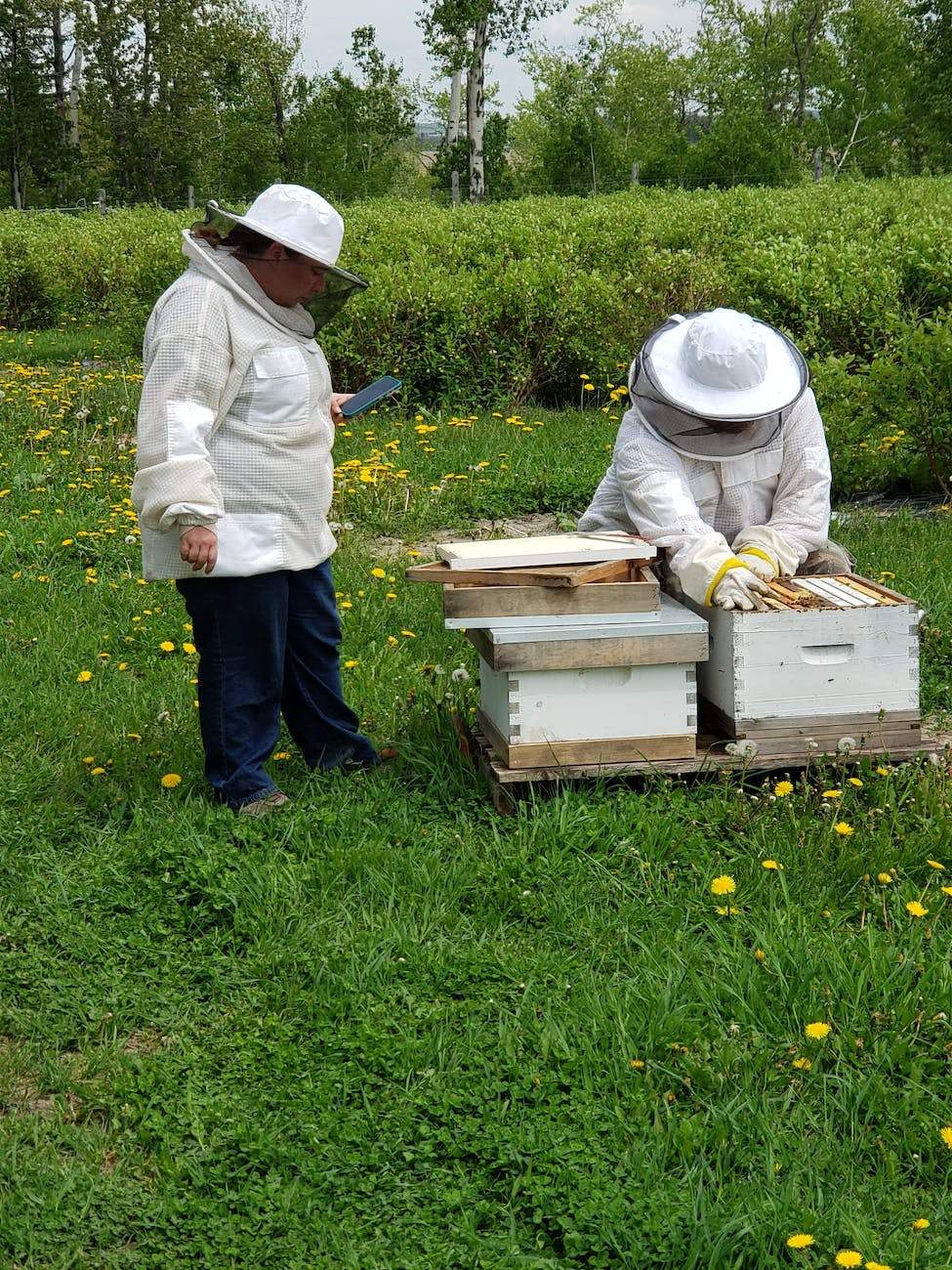
FAQ
Can you raise bees in Pennsylvania?
Yes, as long as you follow all applicable laws and regulations. Pennsylvanians have been keeping bees since colonization.
When should I start beekeeping in Pennsylvania?
Spring is the best time to start, but you can start researching and buying beekeeping supplies in the winter months. Then you will be prepared to purchase bees in early spring.
Is there tax on honey in Pennsylvania?
No, farmers do not need to collect sales tax on farm and food products intended for human consumption. This includes honey as well as dairy products, vegetables, fruits, eggs and baked goods.
Can I have a beehive in my backyard?
Yes, many non-commercial beekeepers locate their hives in their backyards. Just follow the rules and regulations (and be considerate of your neighbors).
How many acres are required for beekeeping?
Usually, 1 to 2 acres of land is adequate. Some beekeepers even have their colonies located on half-acre lots.
